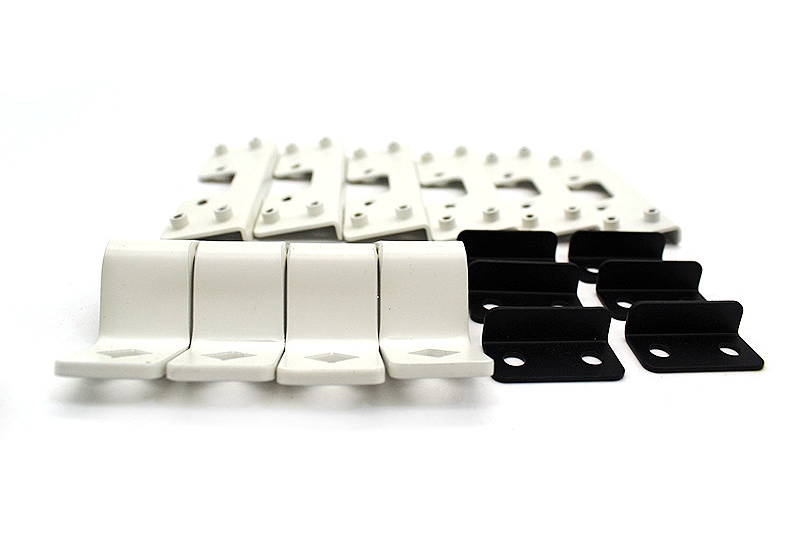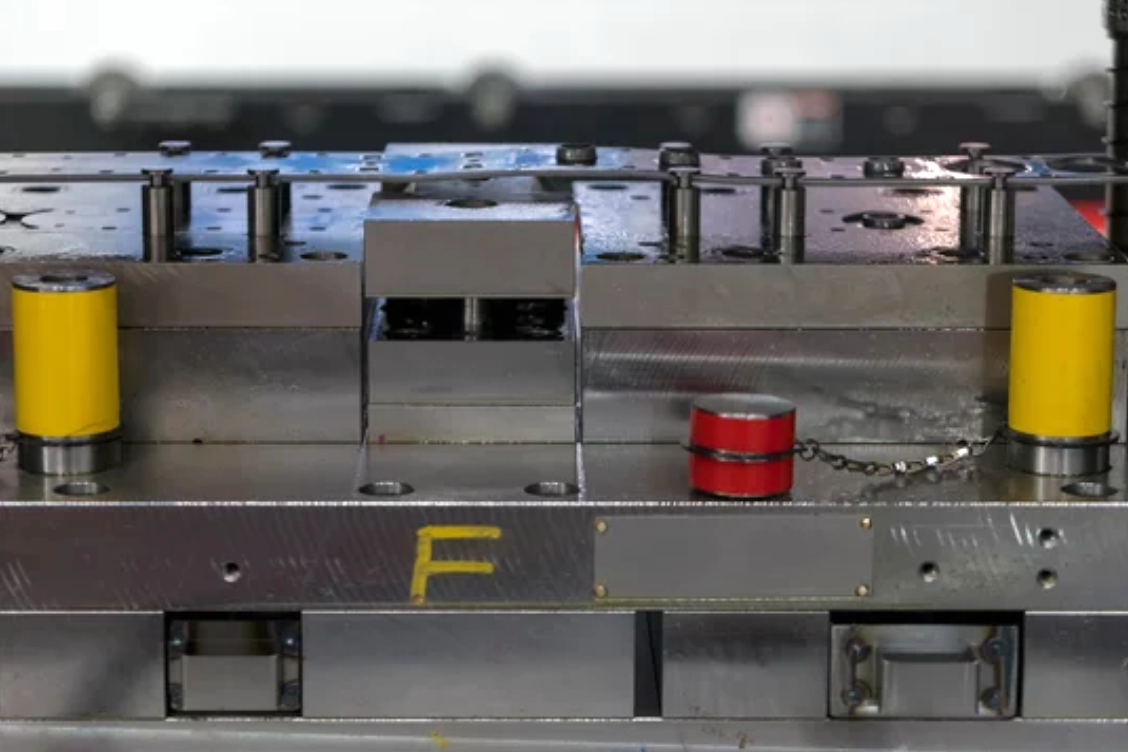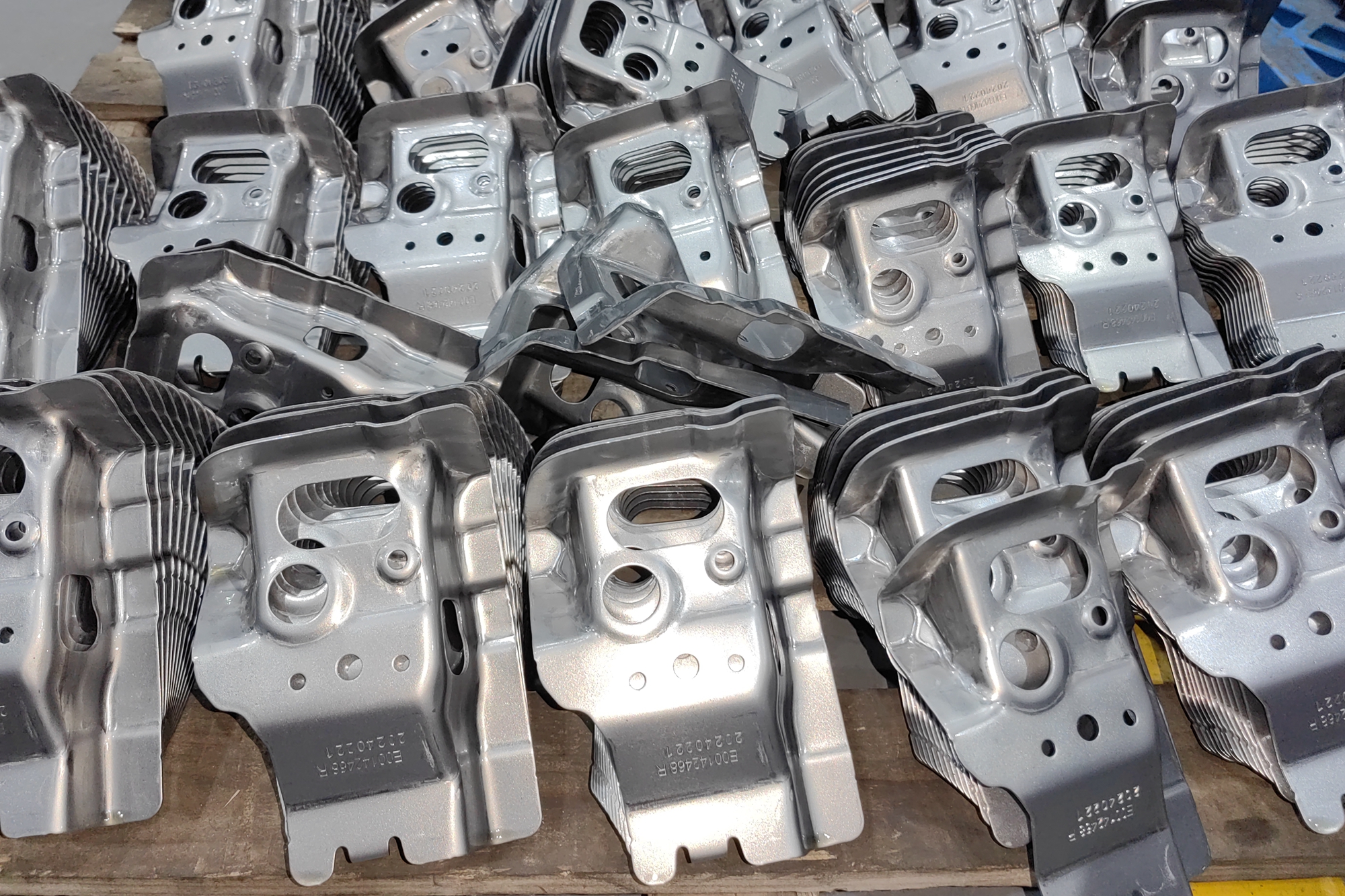Which metals are easiest to bend?
Which Metals Are Easiest to Bend?
Key Factors Affecting Bendability
The ease of bending a metal depends on its ductility, yield strength, thickness, and grain orientation. Metals with low yield strength and high elongation are generally easier to bend without cracking or excessive springback. These properties are critical in metal bending and sheet metal fabrication operations.
Most Bendable Metals
1. Aluminum Alloys (e.g., 1100, 3003)
Extremely ductile with high elongation (>30%)
Low yield strength (~34–100 MPa)
Ideal for architectural panels, enclosures, and automotive body parts
2. Mild Steel (e.g., A36, 1018)
Yield strength around 250 MPa
Excellent formability with minimal cracking
Common in brackets, structural components, and cabinets
3. Copper
Very soft and ductile (elongation >40%)
Great for small-radius bends and electrical enclosures
Used in telecommunication and heat exchange applications
4. Brass (e.g., C260, C360)
Ductile with good springback control
Often used for decorative hardware and instrument components
5. Stainless Steel (Annealed Grades, e.g., 304, 316L)
Annealed condition improves bendability
Requires larger bend radius (typically ≥1.5× material thickness)
Suitable for food equipment, medical devices, and industrial enclosures
Summary Table of Bendability
Metal Type | Bendability Rating | Yield Strength (MPa) | Typical Use Cases |
|---|---|---|---|
Aluminum 1100 | Excellent | ~34 | Signs, covers, panels |
Aluminum 3003 | Excellent | ~55 | HVAC, sheet metal work |
Mild Steel A36 | Very Good | ~250 | Frames, brackets, enclosures |
Copper C110 | Excellent | ~70–100 | Electrical, decorative, plumbing |
Brass C260 | Very Good | ~200 | Hinges, nameplates, valves |
Stainless 304L | Good (Annealed) | ~170–220 | Food-grade, medical, structural panels |
Manufacturing Services for High-Precision Metal Bending
Neway offers metal bending services with ±0.2 mm accuracy, CNC press brake control, and tooling tailored for soft and ductile materials. With 20+ years of experience, we support complex bends across consumer electronics, lighting, and industrial projects.



